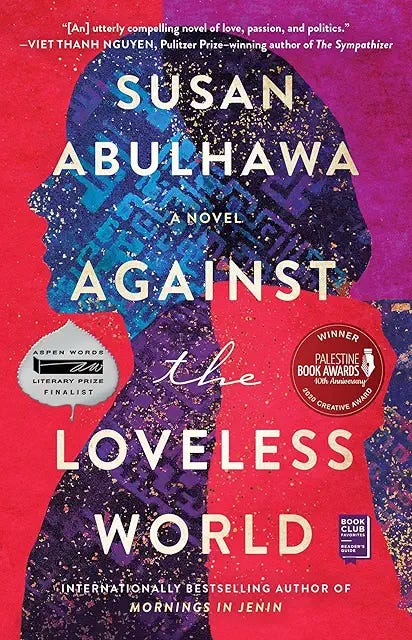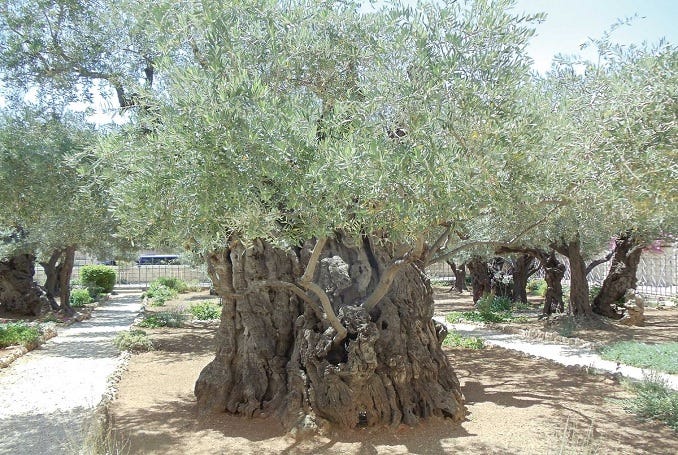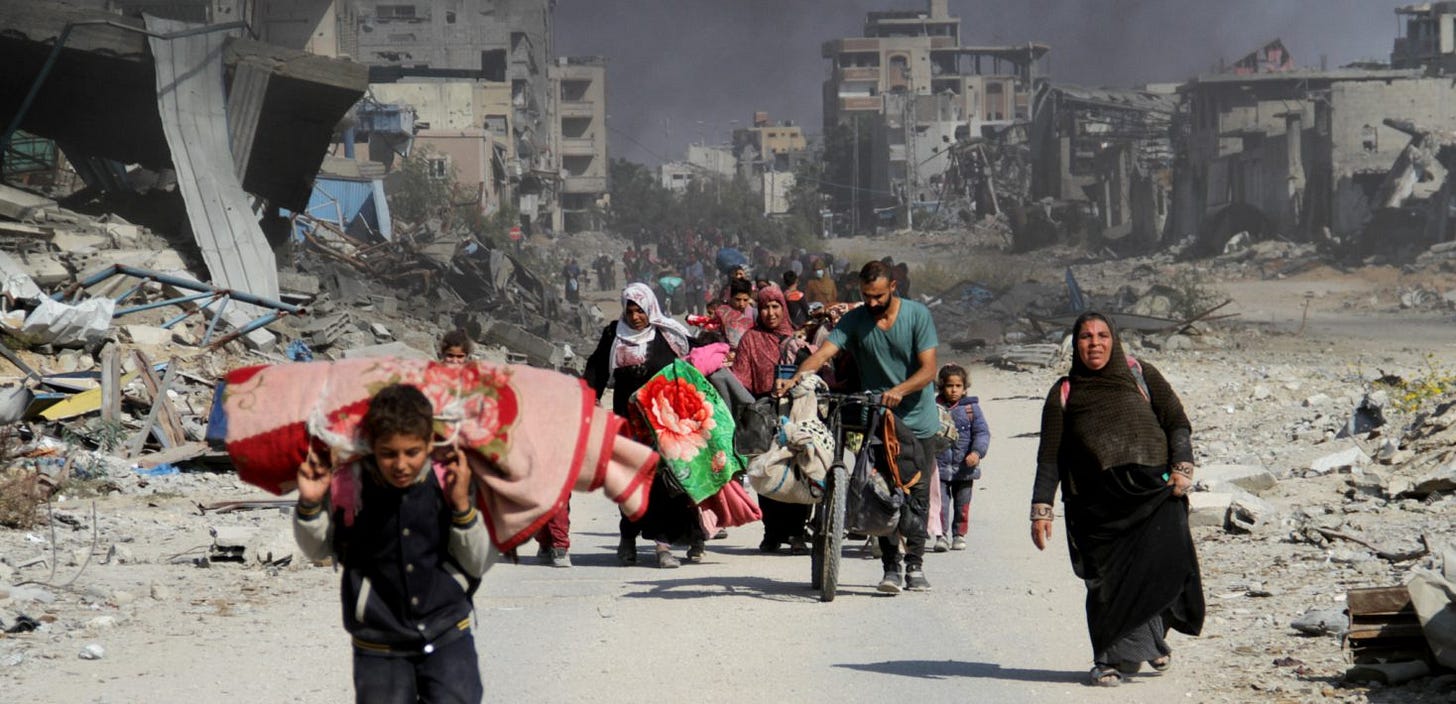What is the worth of an Israeli hostage compared with Palestinians imprisoned in Israel?
For every one of the 33 Jewish hostages to be released, Israel will release 57.57 Palestinians from Israeli jails. All in all, 1900 Palestinian prisoners will be released– hundreds were released Sunday.
It could be said that the value of Jewish hostages has declined since the 2011 release of Gilad Shalit. Shalit was a 19-year-old IDF soldier when he was abducted by Hamas. He was released more than 5 years later, along with 1027 Palestinians held hostage in Israeli prisons. Shalit’s life was worth the freedom of 1027 Palestinians.
Let’s look at deaths among the Palestinians, and among the Israelis, over the last 15 months in Israel’s war on Gaza.
Palestinian deaths: 46,707 (one in 50 residents of Gaza). Britain’s pre-eminent medical journal The Lancet disputes that figure. The Lancet has published an article suggesting that more than 64,260 Palestinians have been killed from 7 Oct. 2023 to 30 June 2024. And 59% of the victims were women, children and the elderly.
Israeli deaths: 1706
Note: 27 Palestinians were killed for every Israel who died.
From 8.30 am until 11.15 am on 19 Jan. when the ceasefire was enacted, Israel killed 19 Palestinians in Gaza. Overall from the Wednesday announcement of the upcoming ceasefire until Sunday, Israel killed more than 206 people in Gaza, including at least 21 children.
Below: from a graphic story by Danylo Hawaleshka, in Al Jazeera here
Israeli settlers kill Palestinians on the West Bank
We understand that with a ceasefire in Gaza, Israel’s attention and attacks on Palestinians will continue and escalate on the West Bank. Here’s today’s report from Al Jazeera:
ITEM: The Palestinian Red Crescent treated at least 12 Palestinians for injuries after Israeli settlers rampaged through two occupied West Bank villages north of Jerusalem. The Israelis set fire to Palestinian homes, a nursery, and a local business.
ITEM: Israeli forces assisted settlers during the overnight violence and dozens of Palestinians have been arrested in military raids in the West Bank—late Sunday after Israel released 90 Palestinians from prison
Item: In Funduq, north of Jerusalem in the West Bank, dozens of Israeli settlers fired shots, threw stones at homes and burned cars, homes and shops.
Item: In Jinsafut, north of Jerusalem, three Palestinian houses, a nursery and a carpentry shop were set on fire.
ITEM: Nine people were treated for inhaling toxic gas after Israeli forces stormed the Palestinian villages that were under settler attack.
ITEM: Israel’s military said it pushed out the settlers but did not mention the damage to property, the injuries to the local Palestinians and why it never arrested any marauding Jewish settlers.
ITEM: A group of settlers, protected by Israeli security forces, descended on the village of Burqa, east of Ramallah, and placed nails on the road to puncture vehicles entering and leaving the Palestinian community. No arrests of Israelis.
ITEM: Settler gangs also gathered near the village of Kafr Malek and Ein Siniya, near Ramallah. The Settlers blocked movement of Palestinian citizens.
The attacks on Palestinians in the West Bank is nothing new. But commenters note that the danger and the number of settler attacks has skyrocketed since Oct. 2023.
Author Abulhawa, left. And book jacket.


Against the Loveless World
In reading Susan Abulhawa’s excellent novel Against the Loveless World (2020) there are descriptions of settler violence which are gut wrenching: a Palestinian family in the West Bank gathers everyone to harvest olives on their land. The old and very young come to enjoy the time outside, eating lunch and picking the olives. Here’s what happened:
“Amna suddenly made a strange sound in her voice, and dropped her bucket from atop the ladder, spilling its contents on the ground. The sun was in my eyes. I couldn't see her, but Jumana would later describe the fear on Amna's face. Before we could say anything, a little boy a few tiers up the hill, screamed “The Jews, The Jews”. People scrambled to their feet, gathering as many olives as possible. I ran to Amna. Her legs were trembling, and I reached up to help her down the ladder as Bilal ran past us up the hill. Wadee and Faisal followed, ordering us to “wrap up the olives.”
“Allah yustor” Jumana prayed, hands shaking as she scooped the olives into buckets.
We could see them now, settler children throwing rocks. Behind them, their fathers pointed rifles at us while soldiers guarded their flanks. Amna was reciting the Quran, still trembling when her mother called to her, I watched the mother and daughter flee, holding hands. Clouds of tear gas crept menacingly through the trees, forcing people into the valley.
Can something expected still be a surprise? We knew that Israelis were especially menacing during the harvest season. They know olives have been the mainstay and the centerpiece of our social, economic and cultural presence for millennia, and it infuriated them --still does --to watch the unbroken continuity of our indigenous traditions so they came with their big guns and the colonial logic of interlopers who cannot abide our presence or our joy.
Two shots rang out.
“Hurry,” Jumana urged. I ran behind her up the hill. The settlers appeared to be retreating, firing from further and further away. Hajjeh Um Mhammad had collapsed to the ground amid smashed plates of food in someone's blood. Bilal was screaming to help his mother as a horde of soldiers bound and dragged him away. Faisal too was arrested. Wadee carried a boy who had been shot in the abdomen forward toward an approaching ambulance. The boy would die in the hospital that night.
Hajjeh Um Mhammad was having trouble breathing, but she was conscious. As soldiers hauled Bilal away, I shouted as loudly as I could that his mother was okay, we would get her to the hospital, and prayed he heard me.
The streets shook with mourning the next day as large crowds carried the body of the slain boy to his burial. He was eight years old. But there was still work in the fields, and we all went back to finish as much as we could. What had been delightful yesterday was unbearable now.” (p. 263-4, Against the Loveless World)
This is “fiction”. But you can be assured that Abulhawa has based it on actual events. And you can be confident that worse has happened.
Below: Olive trees in Palestine from social media
“They shot me in the leg, beat me on the head with a club and sprayed me with pepper spray. Many of us were injured.”
But what happened in July 2024? According to Israeli newspaper Ha’aretz, settlers attacked Palestinians in Khirbet al-Nahla, near the (illegal) Jewish settlement of Efrat. Said, Suhib, one of the victims,
"We were in our farmland, and the settlers attacked us. They destroyed the fence and put their sheep on our land. They shot me in the leg, beat me on the head with a club and sprayed me with pepper spray. Many of us were injured. My uncle needed to have a surgical metal plate implanted, and they broke my cousin's leg."
Suhib estimated there were about 20 settlers—faces not masked, and later soldiers and additional settlers arrived. He filmed the attack but the settlers stole his phone. The Palestinians have not gone back to their land since, “We’re not looking for trouble,” said Suhib. He and others had to be hospitalized; some filed official complaints.
From Settlers on a Rampage, by Al Jazeera, here
Yesh Din: there is a law
The Israeli human rights organization Yesh Din (which translates as ‘There is a law’ – meaning the law should be the same for Israelis and Palestinians) collected data from 2005-2024 that shows only 3% of the “nationalist crimes” by Jews (settler attacks such as the one above) led to full or partial convictions. In fact, of the 1701 investigations opened by police from 2005-2024, fewer than 160 led to full or partial convictions.
What’s more upsetting is that Yesh Din reveals there has been a decline in the percentage of Palestinian victims who took part in the study and did not want to go to the police. In 2024, 66% of the victims said they wouldn’t file a complaint. In 2021, less than half (27%) were unwilling to file a complaint. The 2022 appointment of right-wing fanatic Ben-Gvir as Israel’s national security minister could account for Palestinians dropping their complaints by almost two-thirds, since 2021.
A Palestinian family near Al-Maniya, was terrorized by teens and young men part of a new illegal Jewish outpost, Mikne Avraham. Family father Ahmed Tarawa said,
"We were in the pasture with the sheep, and the settlers came with their sheep to the lot. Then the army came, and in the presence of the army, they [settlers] beat me with a baton. I told the police that the soldiers were there and that I had pictures of the assailants.”
The settlers also beat one of his children; the family has been attacked many times. As recently as December 2024, the settlers set fire to the family’s farm equipment shed. Tarawa filed a complaint with the police who have yet to decide whether or not to charge the settlers.
And what of the last 24 hours? It does not seem like much of a ceasefire on the West Bank. Yesh Din reports that settlers set two homes and four vehicles on fire in the village of Sinjil. Settlers also set fire to houses in Ein Siniya.
Above: from Amnesty International site (credit: @Mahmoudssa/Anadolu via Getty Images)
What’s next?
Trump has just rescinded the sanctions imposed by the former Biden administration on the far-right Israeli settler groups and individuals accused of violence against Palestinians in the occupied West Bank. Now the settlers, with the IDF as backup, will be held blameless in escalating settler terrorism or “pogroms” against Palestinians. Even the occasional wrist-slaps by the police and courts will likely be a thing of the past.
Featured photo at the top: A Palestinian stands beside a torched car in the aftermath of an attack by suspected Jewish settlers in the village of Jinasfut, the West Bank, 21 Jan. 2025. (credit: AP Photo/Majdi Mohammed)







